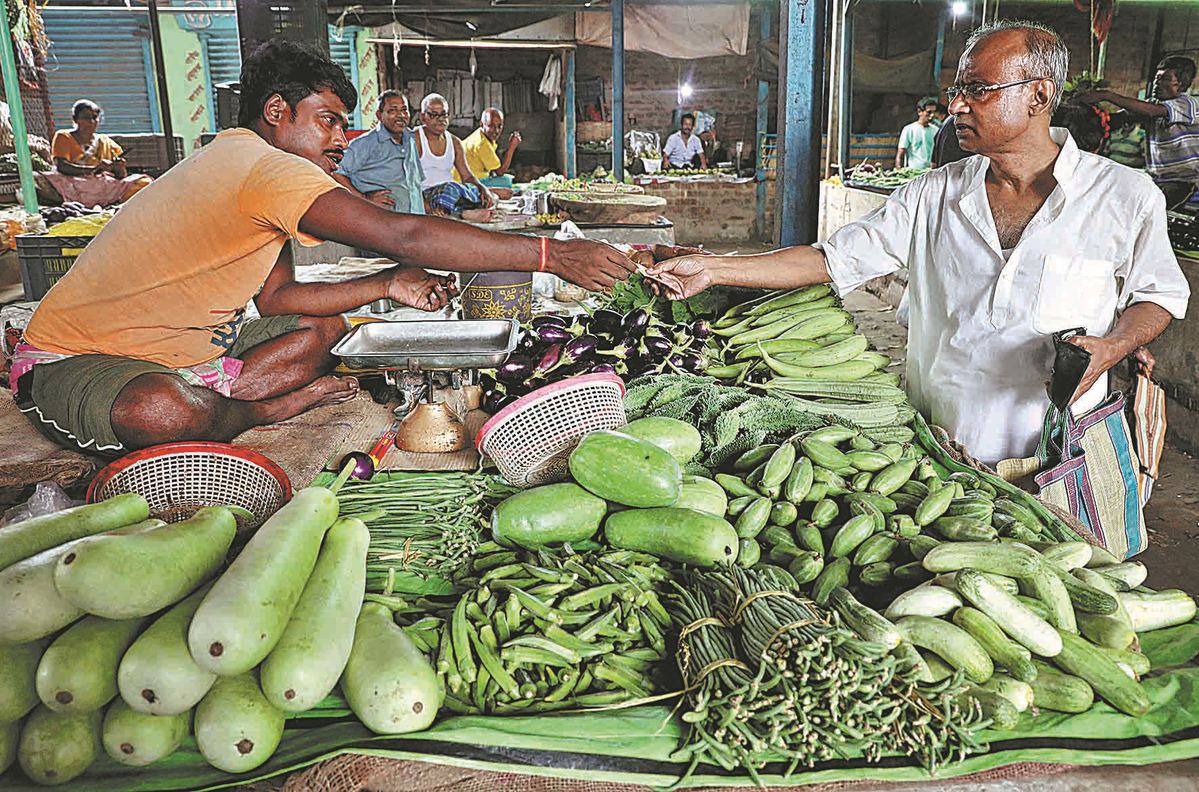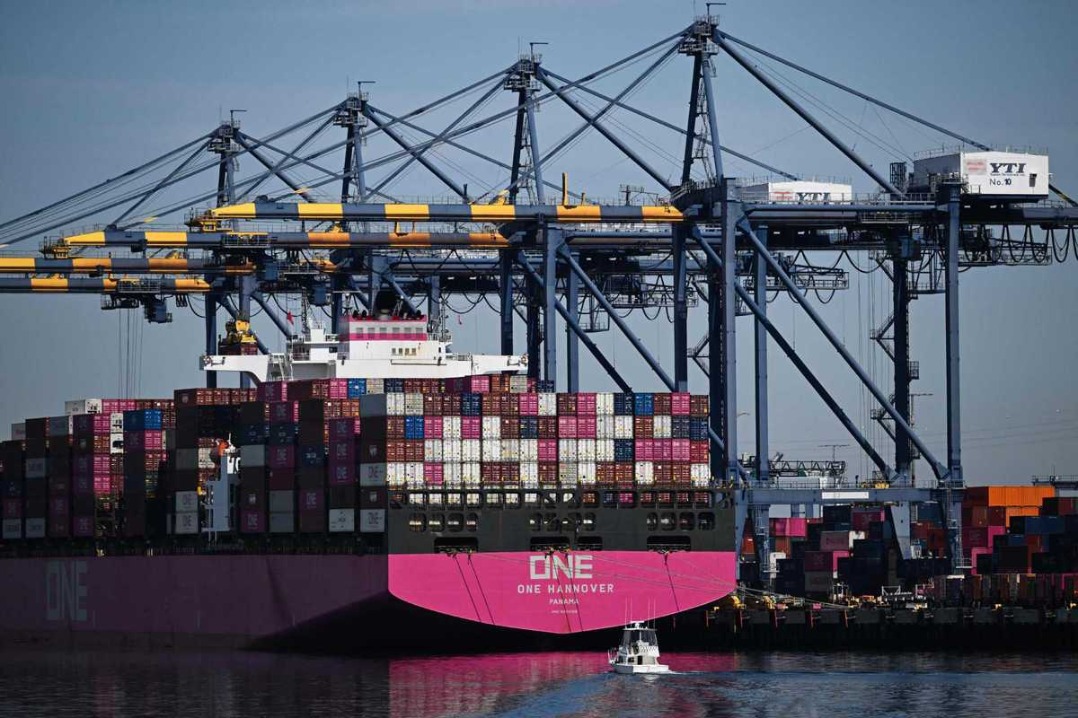Cooperation in Asia viewed as way to counter food crisis


Supply of fertilizers
If high fertilizer prices continue, the current crisis in grain and cooking oil supplies could affect many other foods including rice, affecting billions of people in Asia and the Americas, said Guterres.
Any disruption to the supply of key commodities like wheat, maize and fertilizers due to the conflict can affect food security in the rest of the world, including developing Asia, said Schroder from the ADB, adding that food supply is also affected by natural gas and crude oil markets, because Russia is a major exporter of these commodities.
"The danger is that a prolonged fertilizer crisis in the form of high costs or outright unavailability has a big negative impact on crop yields which could threaten food security in developing Asia and beyond," said Schroder.
This is particularly true as many countries in Asia rely on agriculture and need chemical fertilizers, according to Sayamol in Bangkok.
In Thailand, around 10 million of the total 70 million population work in the agricultural industry, and the use of chemical fertilizers is a common practice, she said, noting that Thailand imports about 5 million tons of fertilizer a year from countries including China, Canada and Russia.
"At this moment, the price of fertilizers has risen around 30 percent… so (this has) an impact on the cost for the farmers," Sayamol said.
On the consumer side, the price of instant noodles, which used to be about 5 baht (15 cents) a bag, has increased for the first time in 14 years, by 1 baht, said Sayamol. She said the increase, though it may seem small, can make it difficult for people, especially the poor, to fill their stomachs.
Cambodia, a net importer of oil and gas, also has been suffering as a result of the Russia-Ukraine conflict as the rising prices have raised input prices, including farm gate and processing costs, said Sok Piseth, a research associate of the Cambodia Development Resource Institute.
The cost of transporting agricultural products from farms to border checkpoints and seaports for export is also likely to be affected, said Sok, who expects the prices of agricultural products from Cambodia to increase.
"This phenomenon reduces the competitive advantage of Cambodia's agricultural products compared with the neighboring countries," the researcher said.

































